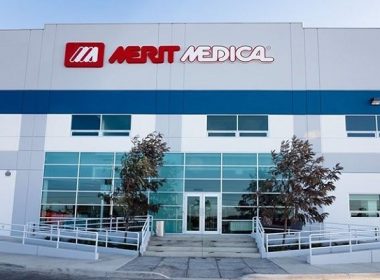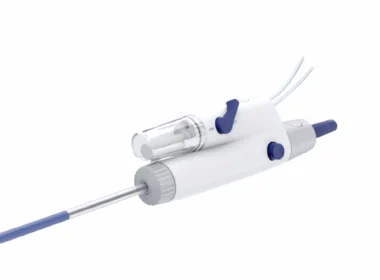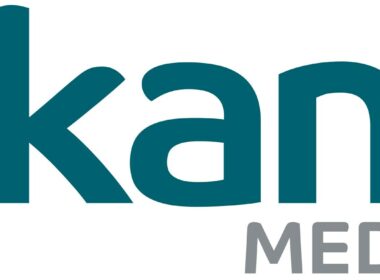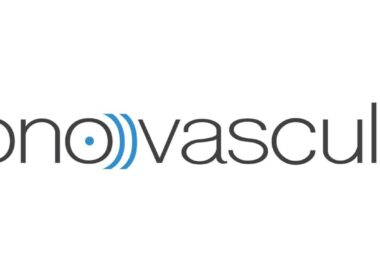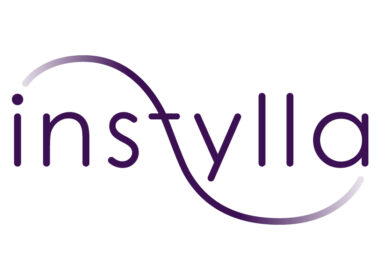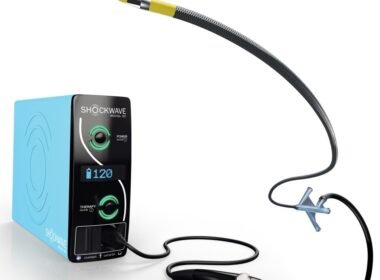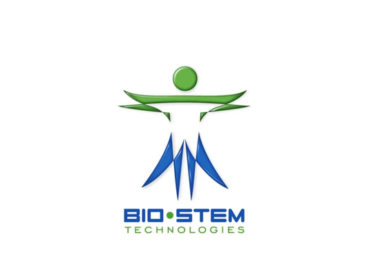SOUTH JORDAN, Utah, March 25, 2025 (GLOBE NEWSWIRE) — Merit Medical Systems, Inc. (NASDAQ: MMSI), a global leader of healthcare technology, today announced that the six-month results from the randomized arm of the WRAPSODY Arteriovenous Access Efficacy (WAVE) trial are scheduled for publication in the April issue of Kidney International. Twelve-month results from the randomized arm of the WAVE trial are scheduled for presentation at the Society of Interventional Radiology’s 50th Annual Scientific Meeting in Nashville, TN. The podium presentation is scheduled for March 30, 2025, during the late-breaking trials session.
Peripheral/Endo
Imperative Care Expands Symphony Precision Thrombectomy Portfolio with Purpose-Built Design for the Treatment of Venous Thrombosis
CAMPBELL, Calif.–(BUSINESS WIRE)–Imperative Care, Inc. today announced U.S. Food and Drug Administration (FDA) 510(k) clearance of the 82cm version of its Symphony™ 16F Catheter, the company’s latest innovation designed to elevate care for patients with venous thrombosis, a serious condition caused by a blood clot forming in the veins of […]
Okami Medical Announces Portfolio Expansion with the Addition of the SENDERO® MAX Delivery Catheter
ALISO VIEJO, Calif., March 24, 2025 /PRNewswire/ — Okami Medical announced today that it has received 510(k) clearance from the U.S. Food and Drug Administration (FDA) for the SENDERO MAX Delivery Catheter. This milestone expands Okami’s embolization portfolio, which includes the…
First-in-Human Clinical Results for SonoVascular’s SonoThrombectomy™ System Presented at the 2025 Annual Meeting of the American Venous Forum
CHAPEL HILL, N.C., March 18, 2025 /PRNewswire/ — SonoVascular, Inc., a clinical stage medical device company focused on bringing to market its SonoThrombectomy™ System for venous thromboembolism (VTE), a novel treatment solution intended to provide better outcomes for millions of…
Instylla Completes Submission of Premarket Approval Application for Embrace™ Hydrogel Embolic System
BEDFORD, Mass., March 11, 2025 /PRNewswire/ — Instylla, Inc., a privately held clinical-stage company developing solutions for peripheral vascular embolotherapy, announced that it recently submitted to the U.S. Food and Drug Administration (FDA) the final module of its premarket approval…
Humacyte Announces Publication of the Budget Impact Model (BIM) for Symvess™ (acellular tissue engineered vessel-tyod) in the Journal of Medical Economics
– Symvess is a first-in-class bioengineered human tissue designed to be a universally implantable vascular conduit for use in arterial replacement and repair –
Shockwave Medical Launches Novel Forward Intravascular Lithotripsy Platform in U.S. to Transform Treatment of Difficult-to-Cross Calcified Lesions
Now available in the U.S., the Shockwave Javelin Peripheral Intravascular Lithotripsy Catheter safely modifies and crosses occlusive or extremely narrowed calcific peripheral artery disease SANTA CLARA, Calif., March 4, 2025 /PRNewswire/ — Today, Shockwave Medical, Inc., part of Johnson…
Stereotaxis Submits EMAGIN Catheter for Regulatory Clearance as it Pioneers Robotics for Endovascular Surgery
ST. LOUIS, March 03, 2025 (GLOBE NEWSWIRE) — Stereotaxis (NYSE: STXS), a pioneer and global leader in surgical robotics for minimally invasive endovascular intervention, today announced FDA regulatory submission for the first robotically navigated catheter designed to expand usage of Robotic Magnetic Navigation into the broader endovascular field.
BioStem Receives Institutional Review Board (IRB) Approval to Advance Clinical Trial Demonstrating the Therapeutic Benefits of BioREtain® Technology in Treating Venous Leg Ulcers
BioStem Receives Institutional Review Board (IRB) Approval to Advance Clinical Trial Demonstrating the Therapeutic Benefits of BioREtain® Technology
Shape Memory Medical Announces European Enrollment in the AAA-SHAPE Randomized Controlled Pivotal Trial
SAN JOSE, Calif.–(BUSINESS WIRE)–Shape Memory Medical Inc., developer of custom shape memory polymers for endovascular markets, announced the first enrollment in Europe in the AAA-SHAPE Pivotal Trial, the Company’s prospective, multicenter, randomized, open-label trial to determine safety and effectiveness of the IMPEDE-FX RapidFill® Device to improve abdominal aortic aneurysm (AAA) […]

